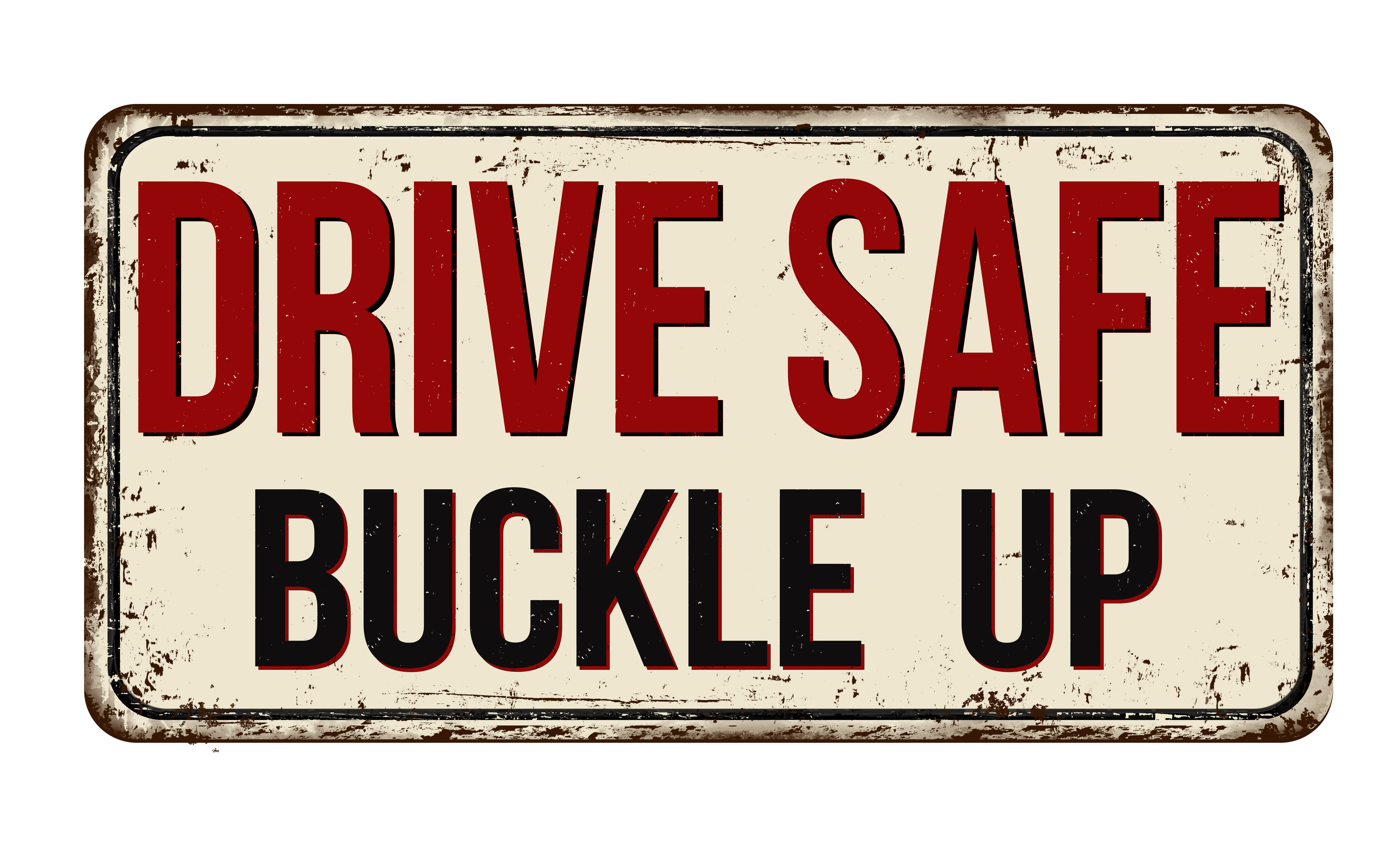An Aging Driver Force
The Greying Grid: Challenges and Solutions in an Aging Trucking Workforce
The trucking industry faces a looming "perfect storm" - a driver shortage that's only going to worsen. This shortage stems from several factors, but a key one is our aging driver population.
A Workforce With Silver Temples
The average truck driver in the US is over 50, and the number of drivers aged 55 and over has spiked. While some companies highlight the safety record of experienced drivers, the reality is that physical and mental abilities decline at different rates for everyone.
The FMCSA Doesn't Set an Age Limit, But We Need Solutions
Unlike pilots with FAA regulations, there's no maximum age limit for commercial truck drivers. The question for transportation managers becomes: how do we identify when a driver can no longer operate safely?
Steering Towards a Safer Future
Here are steps we can take to proactively address this challenge:
- Age-Neutral Safety Programs: Develop comprehensive safety and loss control programs with unbiased policies.
- Regular Medical Checkups: Require all drivers to undergo annual physical examinations by FMCSA-registered medical examiners familiar with your company.
- Job-Specific Requirements: Create clear job descriptions outlining the essential physical and mental demands of each driving position.
- Continuous Training: Implement annual defensive driver training programs to keep skills sharp.
- Structured Driver Evaluations: Conduct annual check rides to assess driver capabilities.
- Open Communication: Maintain open communication channels with drivers to discuss their ability to safely perform their duties.
- Constant Vigilance: Remain vigilant and observe the actions of all drivers to identify any potential safety concerns.
May is National Bicycle Safety Month
Every day, countless individuals of all ages bike along America’s sidewalks and streets. This form of transportation is good for the environment, good for physical health, and it’s cheaper than owning and operating a vehicle.
This May, NHTSA wants our community to protect bicyclists by being responsible and conscientious motorists. We also want our bicyclists to practice smart riding habits by riding safely and always wearing a helmet.
While bicycle safety is important year-round, we bring heightened awareness to this issue during National Bicycle Safety Month.
- In 2022 there were 1,105 bicyclist fatalities.
- In 2022 an estimated 46,195 bicyclists were injured.
Click here to get our campaign materials.
On behalf of the NHTSA team, thanks for your proactive support in bicycle safety.
Do I Need a Special License for a Straight Truck Under 26,001 Lbs. with Air Brakes?
This question frequently comes up in our seminars and from our rental and lease teams. Here's a breakdown:
Federal CDL Requirements:
In the United States, a Commercial Driver's License (CDL) is only required for specific types of commercial motor vehicles (CMVs) as defined by federal regulations (CFR 383.5). These CMVs fall into four categories:
- Large Vehicles: A combined weight (including trailers) exceeding 26,001 pounds (gross combination weight rating or GCWR) where the towed unit weighs more than 10,000 pounds.
- Heavy Straight Trucks: A single truck with a weight rating exceeding 26,001 pounds (gross vehicle weight rating or GVWR).
- Passenger Buses: Vehicles designed to carry 16 or more passengers (including the driver).
- Hazmat Transporters: Vehicles of any size used to transport hazardous materials as defined by regulations.
So, for straight trucks under 26,001 lbs. GVWR, the answer is generally NO, you don't need a CDL.
Important State Variations:
However, some states may have additional licensing requirements for specific weight ranges. For example, Michigan and Illinois might require a chauffeur's license for straight trucks between 10,000 and 26,001 lbs. GVWR. It's always best to check with your state's Department of Motor Vehicles (DMV) for any additional licensing needs.
Air Brakes and Your CDL:
There's no separate "air brake endorsement" on a CDL. If your CDL has an "air brake restriction," it means you either failed the air brake knowledge test or used a non-air brake vehicle during your skills test. This restriction limits you from operating vehicles with air brakes.
Security Concerns: Disqualifications for a Hazmat Endorsement
Obtaining a Hazmat endorsement on your CDL requires passing a security threat assessment. This ensures you're entrusted with transporting hazardous materials responsibly. Here's what could disqualify you:
Serious Crimes:
- Terrorism, Espionage, Sedition, or Treason
- Murder, Assault with Intent to Murder, or Kidnapping
- Rape, Aggravated Sexual Abuse, Extortion, or Robbery
- Arson, Bribery, Smuggling, or RICO violations
- Unlawful Possession/Use of Explosives, Firearms, or Weapons
- Drug Distribution/Possession or Identity Theft
- Crimes related to Transportation Security Incidents
- Improper Hazmat Transportation
Attempted Crimes:
- Conspiracy or Attempts to commit any of the above offenses
Recommendation:
- Begin the Security Threat Assessment process 90 days before your Hazmat endorsement expires.
Start Your Assessment Here:
- TSA Hazmat Endorsement: https://www.tsa.gov/for-industry/hazmat-endorsement
Buckle Up and Drive Safe: CVSA Announces Operation Safe Driver Week
The Commercial Vehicle Safety Alliance (CVSA) is calling on all drivers to buckle up and hit the road responsibly during Operation Safe Driver Week, happening July 7th through 13th, 2024.
This nationwide campaign aims to improve road safety for everyone by cracking down on risky driving behaviors and promoting safe driving practices among both commercial truck drivers and passenger vehicle drivers.
Focus on Speeding and Distractions
Law enforcement will be out in force during the week, targeting drivers who speed, get distracted behind the wheel, or drive under the influence. Here are some sobering statistics from CVSA to highlight the dangers:
- Speeding is a major factor – it's been present in over a quarter of all crash deaths since 2008.
- Distracted driving claimed over 3,100 lives in 2019 alone.
Seat Belts Save Lives
Wearing a seat belt is your best defense in a crash. In 2019, nearly half of all passenger vehicle occupants killed weren't buckled up. Seat belts have saved countless lives, and CVSA emphasizes their importance in preventing further tragedies.
Mark Your Calendar: International Roadcheck Up Next
Don't forget to mark your calendars! Following Operation Safe Driver Week, CVSA will be holding its annual International Roadcheck from May 14th to 16th, 2024. This joint initiative across the US, Canada, and Mexico focuses on inspecting commercial motor vehicles and ensuring they comply with safety regulations. This year's Roadcheck will pay special attention to tractor protection systems and drivers under the influence of alcohol or drugs.
By working together, drivers, law enforcement, and safety organizations can make our roads safer for everyone. Let's all commit to driving responsibly and arriving alive.
FMCSA Hosts 2024 Safety Research Forum
The 2024 Safety Research Forum, hosted by the Federal Motor Carrier Safety Administration (FMCSA) of the U.S. Department of Transportation, will take place virtually over two days, on April 24 and April 25, 2024, from 1:00 to 4:00 PM ET each day. This year’s forum will showcase presentations from the Analysis Division and the new Crash Data Analytics Division on April 24, followed by presentations from the Applied Research Division and Advanced Technology Division on April 25.
The primary focus of the event will be on highlighting the ongoing work of FMCSA’s Office of Research, with staff members delivering brief overviews of some of their most noteworthy and impactful projects. In addition to FMCSA representatives, notable speakers will include Brian Stansbury, Chief Counsel at FMCSA; Tom Keane, Associate Administrator for the Office of Research and Registration at FMCSA; Wendy Liberante, Director of the Office of Policy, Strategic Planning & Regulations at FMCSA; Ken Riddle, Director of the Office of Registration; and Mike Fox, Senior Highway Accident Investigator at the National Transportation Safety Board.
Registration is mandatory for participation, and attendees are encouraged to submit any questions in advance to SRForum@dot.gov.
Event Details: What: FMCSA 2024 Safety Research Forum
Date/Time: Wednesday, April 24, 2024, 1:00pm – 4:00pm Eastern Thursday, April 25, 2024, 1:00pm – 4:00pm Eastern
Registration: Click here Agenda: https://www.fmcsa.dot.gov/research-and-analysis/fmcsa-2024-safety-research-forum










